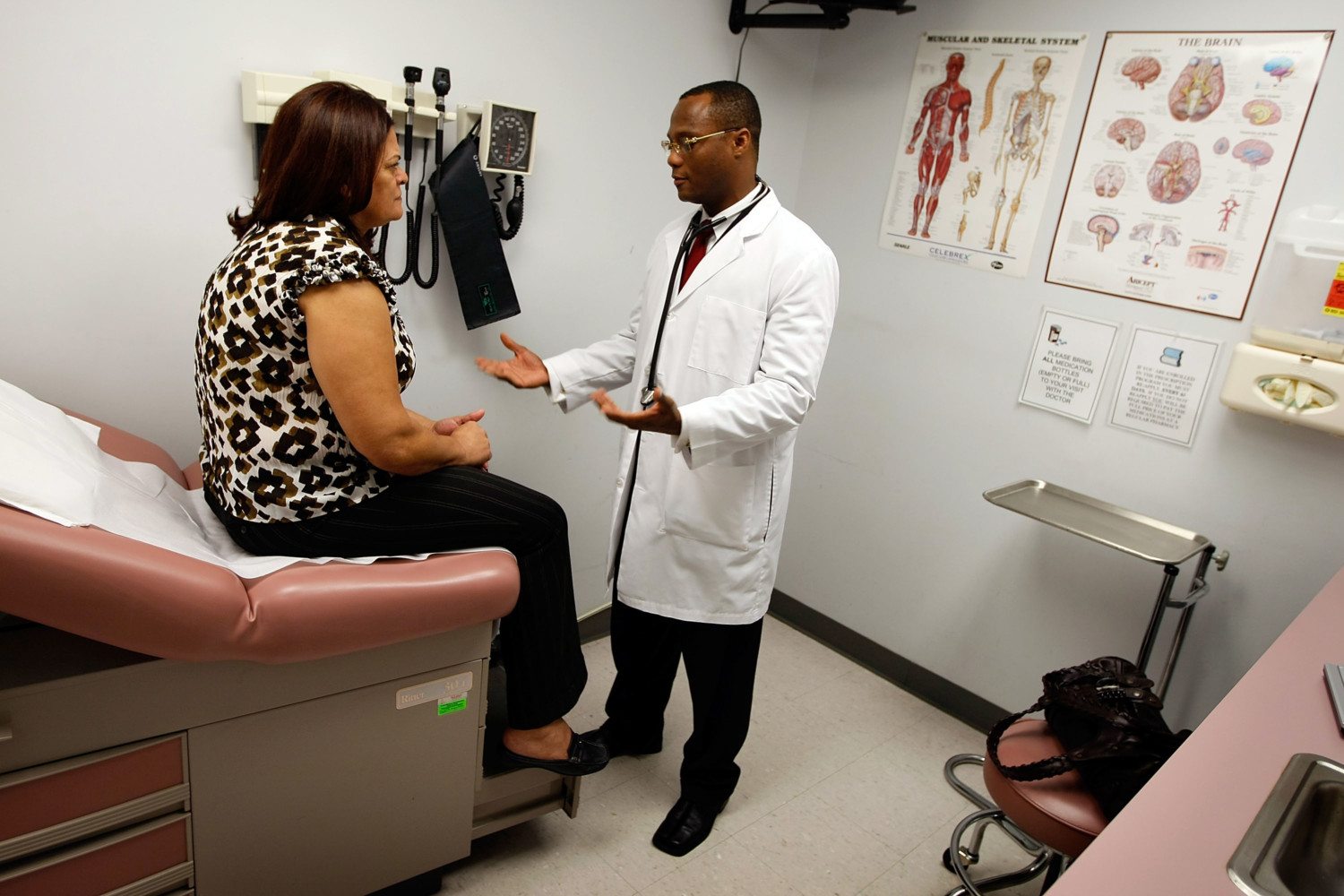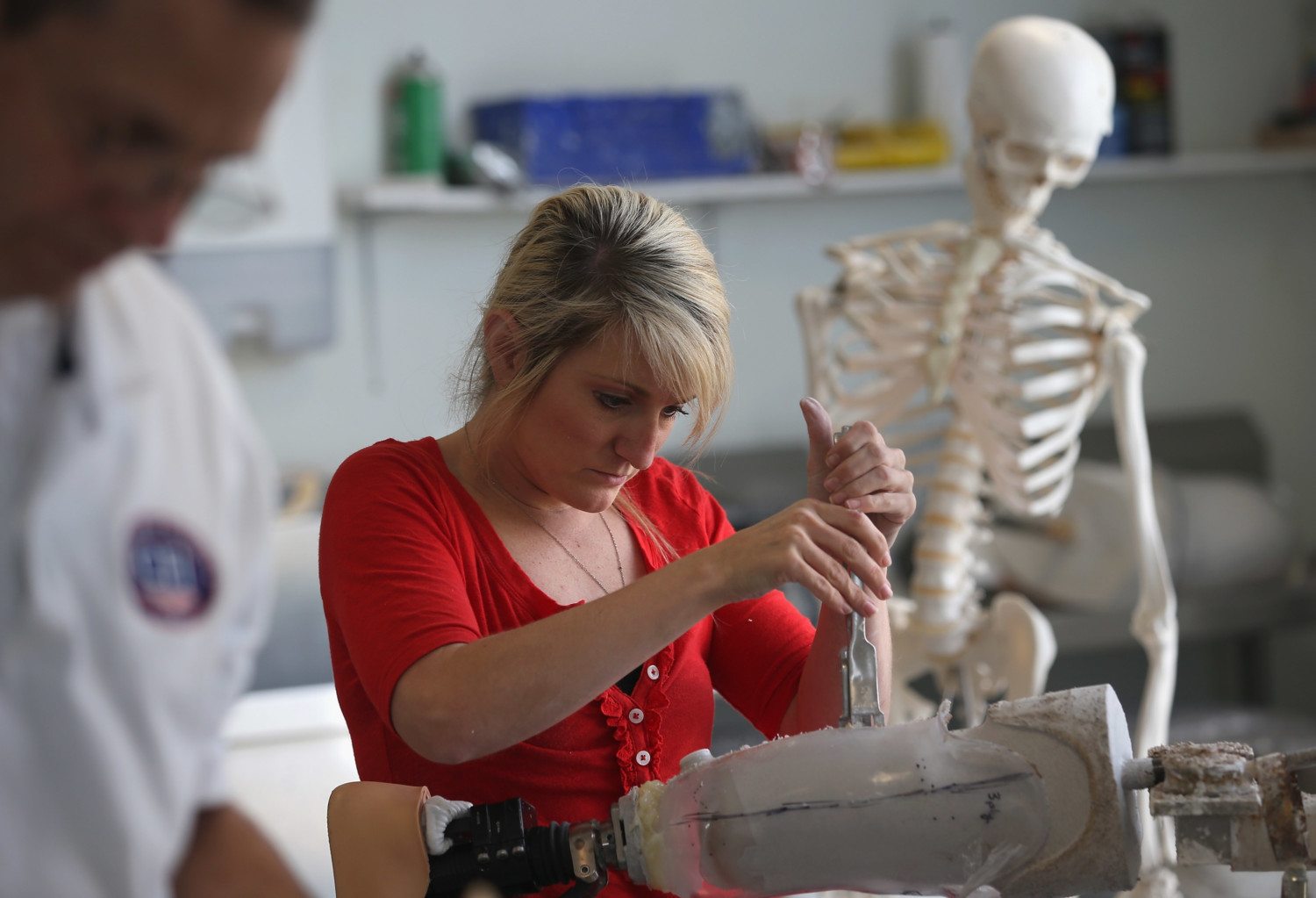What you need to know about the doctor suicide epidemic — and how you can help

Doctors are the ones tasked with keeping us healthy and oftentimes, saving lives. It’s an important and, at times, extremely rewarding profession. However, you may be surprised to learn that they are more likely than the general population to commit suicide.
According to the American Foundation for Suicide Prevention, an estimated 300 to 400 physicians in the United States take their own lives each year. Among male doctors, the suicide rate is 1.41 times higher than the general population, and among female doctors, the rate is 2.27 times greater compared to the general population.
Understandably, these alarming statistics are concerning. After witnessing several of her colleagues’ deaths by suicide, Dr. Pamela Wible of Oregon decided to investigate why so many doctors felt compelled to end their lives. Wible published a book of doctors’ suicides letters and began speaking professionally about the little-discussed topic. After five years observing the disturbing phenomenon, Wible wrote a piece that was reprinted by The Washington Post about her findings and observations.
Wible noted that physician suicide is so prevalent that most doctors have lost a colleague due to suicide, and that one million Americans lose their doctor this way each year.
Why Are Doctors Taking Their Own Lives?
The reasons doctors choose to commit suicide are multi-faceted and complex, Wible wrote. Of course, their careers are high-pressure and usually busy. They must also grapple with unique and high-stakes pressures, such as the prospect of patient death, malpractice lawsuits and potential student loan debt from years of education.
They also often work long hours, get little sleep and are expected to do more in less time to placate insurance companies and demonstrate so-called efficiency. Even before some people become full-fledged doctors, the academic stress that comes with going through medical school and then getting a residency can cause many to become unhappy and disillusioned.
Career aside, Wible wrote that doctors face a lot of the thorny problems that we must all contend with in life, such as relationship problems, financial woes and family drama. However, their professional stress often compounds these common personal struggles.
“Working 100+ hours per week immersed in our patients’ pain, we’ve got no time to deal with our own pain. (Spending so much time at work actually leads to divorce and completely dysfunctional personal lives),” she wrote.
Treating Physicians Is Complicated
In addition to the stigma that anyone who suffers from mental illness can face, physicians may experience the added pressure that disclosing mental health treatment could put their careers at risk.
Indeed, a 2017 study by Mayo Clinic found that 40 percent of physicians are reluctant to seek help for mental health issues because they fear it could jeopardize the status of their medical license.
The fear may be unfounded, but it still exists. And yet, when administering licenses, some state medical boards ask doctors’ questions about having sought mental health care in the past. “We do not have evidence that a physician’s past episode of depression or anxiety poses any risk to patient care,” Dr. Katherine Gold, a professor at the University of Michigan in Ann Arbor who was not involved in the study, told Reuters. “So instead of protecting patients, these questions basically serve to stigmatize physicians.”
How You Can Help
Whether you count a doctor amongst your family or friends, or are concerned about the well-being your own healthcare providers, you may be wondering how you can help. One thing to keep in mind is that physicians at risk for suicide may not be easy to spot.
“Many doctors who die by suicide are the happiest most well-adjusted people on the outside,” Wible wrote. She continued:
“Just back from Disneyland, just bought tickets for a family cruise, just gave a thumbs up to the team after a successful surgery — to mention only a few examples from my list — and hours later they shoot themselves in the head. Doctors are masters of disguise. Even fun-loving happy docs who crack jokes and make patients smile all day may be suffering in silence. We are all at risk.”
Still, there are subtle signs that someone may be suffering. Substance abuse, changes in sleep, difficulty with cognitive functioning, constant worry and weight changes are all red flags that should not be ignored.
If you know a doctor who may need help, the American Foundation for Suicide Prevention offers a number of resources on their site. For example, the Interactive Screening Program is an online tool that creates a safe and confidential way for physicians to take a screening for mental health conditions and receive a personalized response from a mental health counselor.
No one needs to suffer in silence — including doctors and med students.








